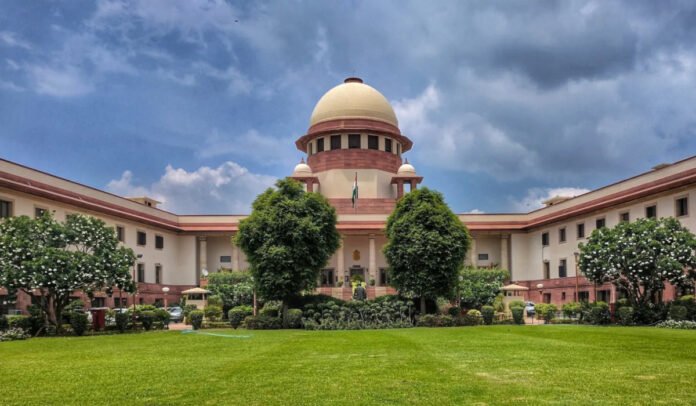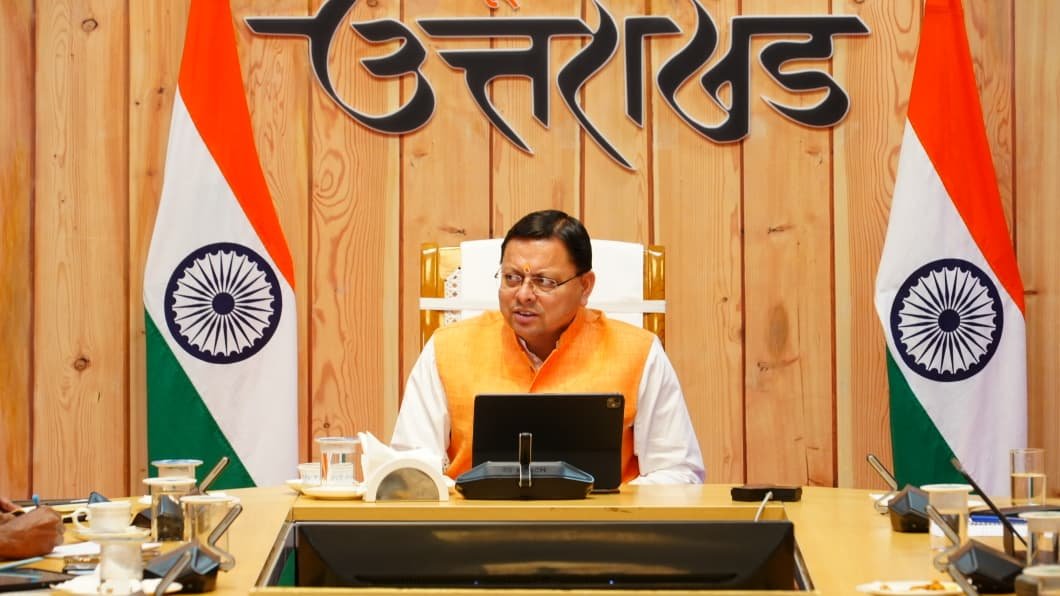The Supreme Court of India on Wednesday acquitted a man who had been sentenced to death in connection with the 2014 rape and murder of a seven-year-old girl in Uttarakhand, a case widely referred to as “Little Nirbhaya”. The judgment emphasized that courts must exercise the highest degree of caution before awarding capital punishment.
The petitioner had been under sentence of death following trial and appeals in Uttarakhand; his conviction was based on earlier findings of guilt. However, in its detailed order, the Supreme Court raised serious concerns about the strength of the evidence presented, particularly pointing to inconsistencies in the prosecution’s case.
Among the concerns noted by the bench were discrepancies in witness statements, forensic reports that did not clearly support the version of events offered by the prosecution, and questions about whether due process had been rigorously followed at trial. The Court held that none of these individually might have been decisive, but taken together, they undercut confidence in the verdict beyond reasonable doubt.
The Court’s decision has renewed debates on the application of the death penalty in India, especially in cases involving children. Legal experts say this ruling underscores the judiciary’s responsibility to ensure that capital punishment is reserved only for cases where guilt is beyond any doubt and where procedural safeguards have been fully respected.
The victim’s advocates expressed disappointment, saying that the acquittal is painful for the victim’s family but welcomed the rigor with which the Supreme Court scrutinised the case. Some legal analysts praised the verdict as an example of the checks and balances inherent in the legal system, while others questioned whether systemic weaknesses in investigation and prosecution need to be more thoroughly addressed.
The Uttarakhand state government has been asked to examine records of the case and respond to the Supreme Court’s concerns regarding investigative procedures. Meanwhile, human rights groups have urged reform in how evidence is collected, how trials involving minors are conducted, and the standard of proof required in capital cases.
The Supreme Court’s decision in this case is likely to influence future rulings and legal policy around death penalty cases, especially those involving vulnerable victims. It affirms that convictions, no matter how high the profile, must stand up to the deepest scrutiny before justice is considered served in its most irreversible form.


























